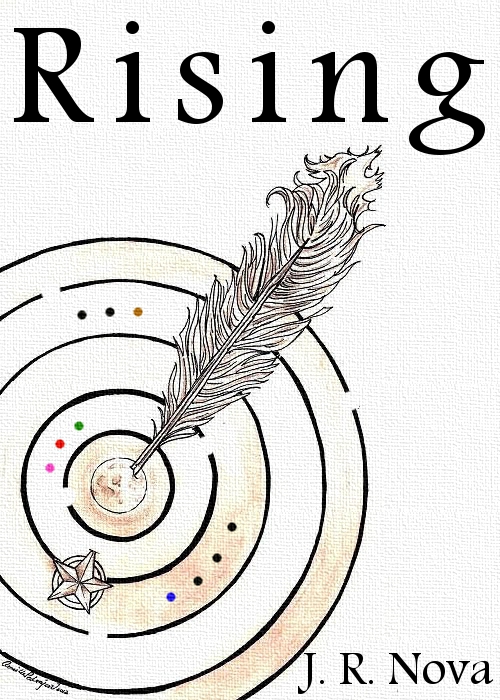Search
Instead of having an ad-heavy blog I only ask readers to purchase my novel, "Rising." You can get it as a gift for a friend or a loved one or for yourself. It is only a few dollars for you, and every purchase is a way forward for me. If anything you read here helps, entertains, or enlightens, this is great way to show your appreciation. I will be ever grateful.
If you do not own a Kindle, you can also purchase "Rising" through Smashwords, and read it on any other device.
If you do not own a Kindle, you can also purchase "Rising" through Smashwords, and read it on any other device.
Me
- Unknown
Popular Posts
-
Below is a link to a website listing overdone story ideas. The Fantasy Novelist's Exam: http://www.rinkworks.com/fnovel/ I don...
-
There was a time in my life when I was content to be “normal.” I worked, I socialized, and for the most part I lived in an unconscious vac...
-
I have a confession to make. I'm a fan of William Bruce Rose Jr., otherwise known as W. Axl Rose. I don't think anyone uses the W. a...
-
Breathing is one of the most important things we do. We can go weeks without food, days without water, but if we stop breathing for even a...
-
Sometimes I read anxiety forums and it makes me sad. I have social anxiety disorder but I live with “SA” very differently than others...
-
Anxiety, like a “check engine” light on a car's dash, is the body and mind's way of saying “fix me!” But what is broken? Is it...
-
I had to end a friendship with a guy I grew up with, who was at one time my best friend. We lost track of each other for years, and I fina...
-
Dave Heumann gave me a solid compliment on Google+, pertaining to what I post and how it effects marketing. It was something I had scratch...
-
Each of the following were drawn and colored by Camille Pedraja. She's a fantastic pencil artist, as you can see! I think having the ch...
-
It is no wonder I am the way I am. I was at risk for developing an anxiety disorder. I was an introverted and self-conscious child. My ...










